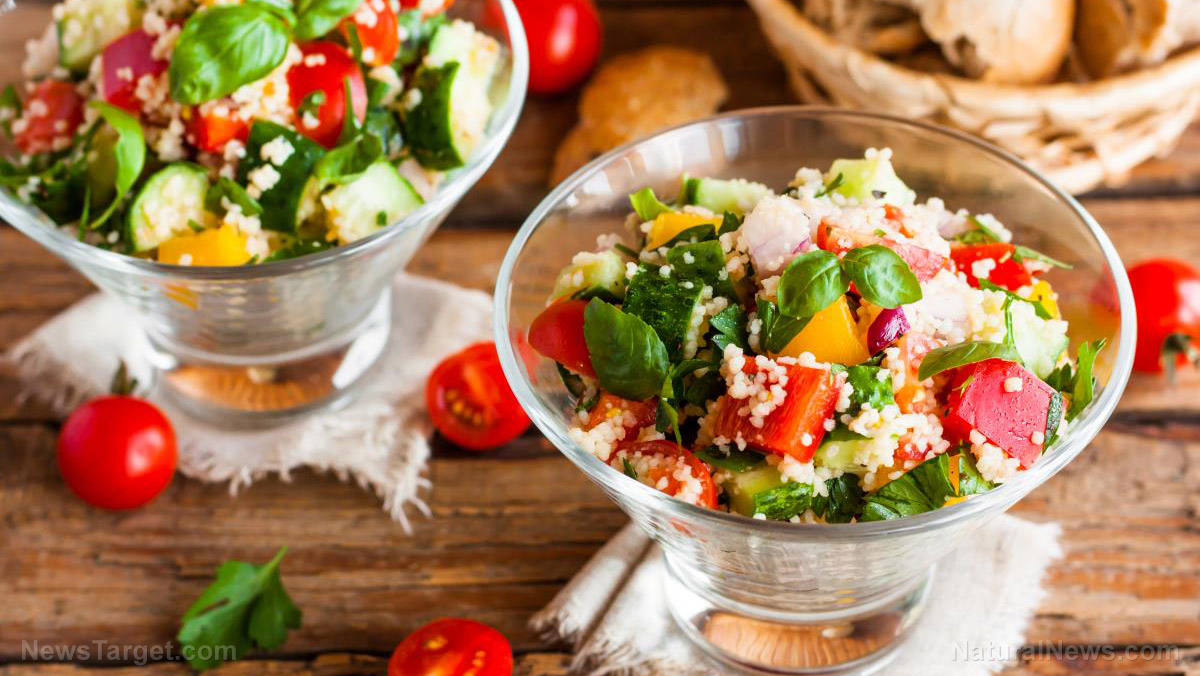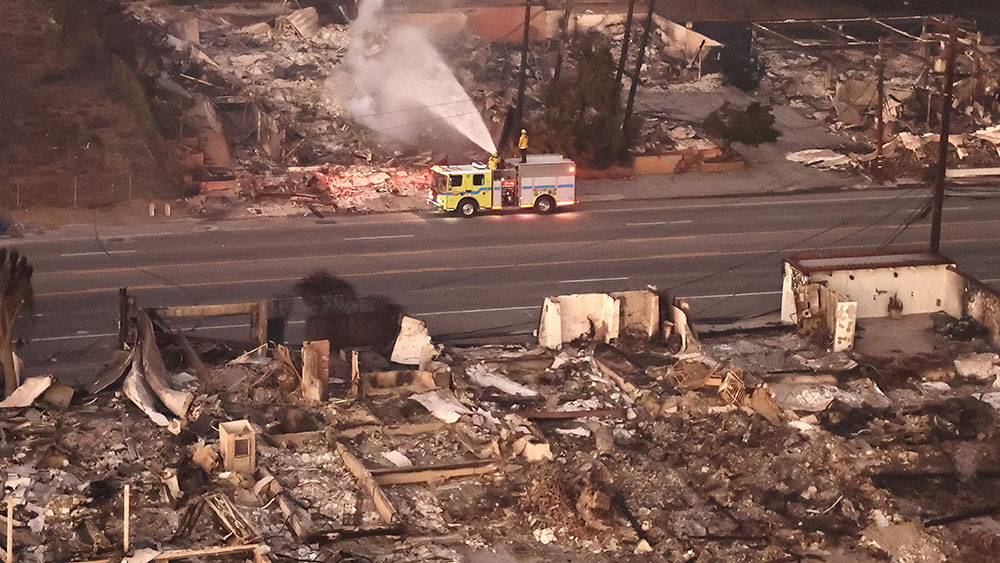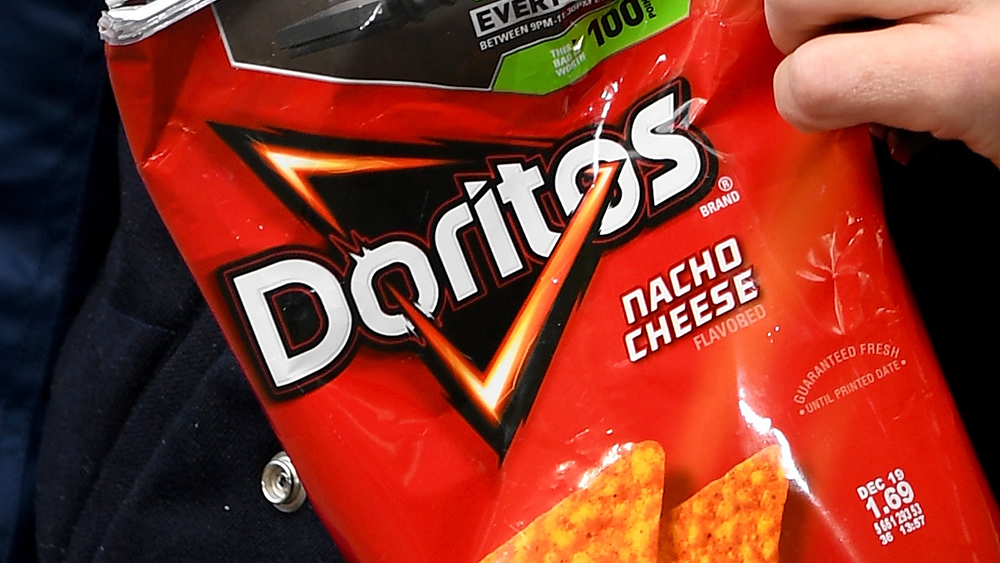Botulism from homemade nopal salad sends 10 to hospital in California
07/18/2025 / By Olivia Cook

- Ten people in Fresno County, California, were hospitalized after consuming a salad made with improperly preserved nopales (cactus pads). The preserved nopales were stored in reused jars without proper sterilization, creating ideal conditions for Clostridium botulinum toxin production.
- Attendees fell ill within hours, exhibiting classic botulism symptoms (blurred vision, muscle paralysis and difficulty swallowing). Six patients required intensive care, with some needing mechanical ventilation.
- The nopales were stored in a hot shed (>100 F) in unsterilized jars, allowing C. botulinum spores to thrive. The salad showed no signs of spoilage, highlighting the toxin’s invisible threat. Traditional methods without scientific safeguards can be deadly.
- Botulism survivors face grueling recoveries, often needing rehabilitation to regain basic functions like walking and swallowing. The neurotoxin can cause permanent disabilities if untreated.
- Proper canning techniques (pressure canning for low-acid foods, boiling before consumption) and storage (cool, dark places) are critical. Avoid commercial jars and discard compromised cans (bulging, leaking). Home food preservation must balance tradition with science-backed safety.
Ten people were hospitalized over botulism traced to contaminated homemade salad last month in California’s Fresno Country.
During a family reunion on June 21 and 22, a homemade salad made from uncooked nopales – the tender pads of the prickly pear cactus – was served to guests. The cactus pads had been preserved weeks earlier using a method passed down through generations. They were chopped raw, salted, packed into reused glass jars and stored in a backyard shed for six weeks. The nopales were then used in the salad.
Within hours of the events, guests began falling ill. A 42-year old woman experienced blurry vision, a drooping eyelid, dizziness, sore throat and difficulty swallowing – classic signs of botulism. Six victims required intensive care, two sisters were placed on mechanical ventilators.
The road to recovery for botulism survivors is long and grueling. Rehabilitation may require relearning how to walk, talk and swallow.
Invisible threat in a jar
Clostridium botulinum, the pathogen that causes botulism, produces one of the most potent neurotoxins known to science. Just a few nanograms can block nerve signals, paralyze muscles and cause death if untreated.
In this case, temperatures in the shed exceeded 100 F. The jars sealed themselves but were never pressure-processed. The conditions – low acidity, lack of oxygen, moisture and warmth – were perfect for C. botulinum spores to grow and release toxins.
What made it worse? The salad looked fresh; it smelled fine. Botulinum toxin gives no sensory warning – it can be present in what appears to be a perfectly preserved jar.
The woman who made the salad believed it was safe. She had used the same technique for years, passed down through family tradition.
According to the Centers for Disease Control and Prevention (CDC), about 25 foodborne human botulism cases are reported each year in the United States. While rare, the disease is severe and unforgiving.
The toxin attacks the nervous system, leading to paralysis and respiratory failure. Recovery can take months and some victims are left with long-term disabilities. Most of the U.S. outbreaks are linked to improperly canned home foods – especially low-acid vegetables like asparagus, beets, corn, green beans, nopales (cactus pads), meats and seafood.
High-acid foods like jams and pickles are generally safe for water-bath canning. But boiling water used for this canning method isn’t enough to destroy C. botulinum spores. Only pressure canning reaches the 240-250 F required to make low-acid foods shelf-safe.
Homemade doesn’t always mean harmless
Home gardening, food preservation and sustainable eating are becoming popular. But food safety must evolve alongside these movements.
C. botulinum doesn’t care if ingredients are local, organic or made with love. If the conditions are right, the toxin will form and it could cost a life.
And this isn’t just a problem in home kitchens. Commercially canned foods have been involved in recent botulism outbreaks – including chili sauces, nacho cheese and fermented tofu. Everyone who eats can be at risk, so here are some tips to ensure safety from botulism:
- Know the different food types for canning: Low-acid foods (vegetables, meats, seafood) must be pressure canned. High acid items (fruits, jams, pickles) can use the water-bath canning methods.
- Use the right tools: Pressure canners are not the same as pressure cookers. Invest and use tested brands (e.g., All American, Presto) that reliably reach 240-250 F.
- Do not reuse commercial jars: Store-bought jars (like pasta sauce jars) aren’t designed to withstand pressure canning. Consider wide-mouth Mason jars for this purpose.
- Store smart: Keep jars in a cool, dark place – never in sheds or near heat sources.
- Heat before eating: Boil home-canned low-acid foods for at least 10 minutes before consuming.
- Discard canned foods that appear to be compromised: If a jar is bulging, leaking or hissing, toss it. One bite of contaminated food can be fatal.
While canning is a tradition worth preserving, it must be grounded in science.
Check out CleanFoodWatch.com for more similar stories.
Watch this video about home canning rules to follow for food safety.
This video is from the Daily Videos channel on Brighteon.com.
More related stories:
Food storage basics: Avoiding the downsides of canning your own food.
Botulism can kill you – are you sure your preserved foods are safe? 8 Signs they aren’t.
Everything you need to know about botulism.
Sources include:
Submit a correction >>
Tagged Under:
botulism, cactus pads, California, clean food watch, clostridium botulinum, dangerous, food poisoning, Food Preservation, foodborne illness, foodborne pathogen, homemade salad, infections, nopal, pressure canning, stop eating poison, water bath canning
This article may contain statements that reflect the opinion of the author
RECENT NEWS & ARTICLES
COPYRIGHT © 2017 CALIFORNIACOLLAPSE.NEWS
All content posted on this site is protected under Free Speech. CaliforniaCollapse.news is not responsible for content written by contributing authors. The information on this site is provided for educational and entertainment purposes only. It is not intended as a substitute for professional advice of any kind. CaliforniaCollapse.news assumes no responsibility for the use or misuse of this material. All trademarks, registered trademarks and service marks mentioned on this site are the property of their respective owners.




















